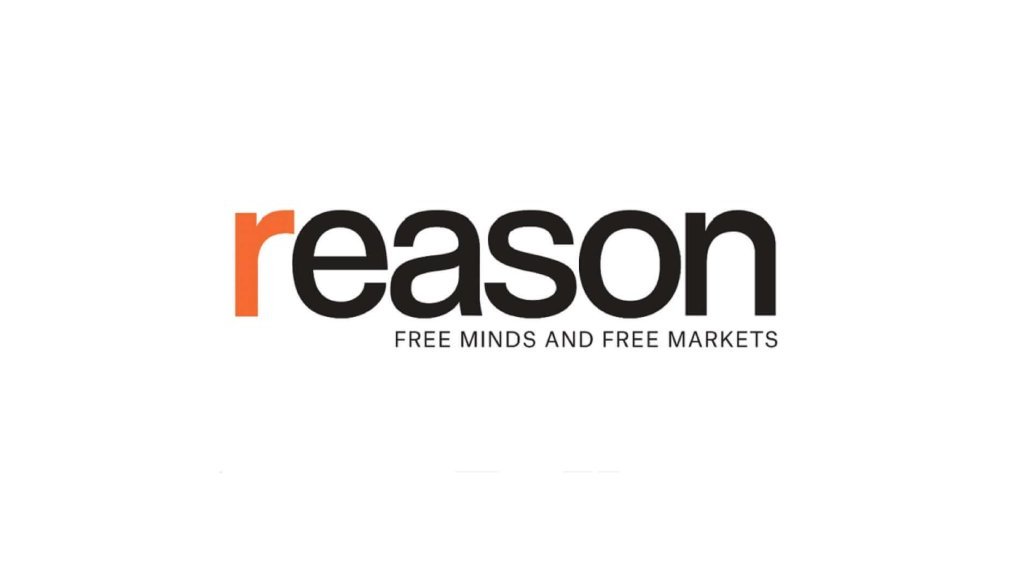Trump’s Foreign Policy Is a Lot of Noise
Former President George W. Bush was an oilman. Former presidents Barack Obama and Joe Biden were lawyers. President Donald J. Trump is an entertainer. And the first two weeks of his second term have been entertaining.
On Sunday, Trump ordered 25 percent tariffs on Canada, demanding that Canadians surrender their sovereignty to become “our Cherished 51st State.” He suspended the tariff order the next day, after Canada announced it was stepping up border security. The Canadian government, of course, was mostly rehashing a border security plan that it had already announced in December 2024.
So it has gone in a lot of other countries. Trump threatened economic sanctions on Colombia after it refused to take U.S. military flights carrying deportees, then claimed Colombia had backed down when it sent its own military to pick them up. Trump threatened to take back the Panama Canal, and the Trump camp claimed victory when Panama announced that it would let its Belt and Road Initiative economic agreement with China expire.
Similar deals may be cooking elsewhere. Trump announced on Tuesday that he wanted the U.S. to “take over” Gaza and empty out its Palestinian population. White House spokeswoman Karoline Leavitt walked it back, and National Security Adviser Mike Waltz claimed that Trump was really asking “the entire region to come with their own solutions.” And last week, after special missions envoy Richard Grenell met with Venezuelan leader Nicolas Maduro, Trump declared that Venezuela had agreed to take back deportees. It’s unclear what Maduro gets in return.
In other words, Trump likes to spin compromise as a victory. And that might be just what the doctor ordered. It’s no secret that the United States has overstretched its military power around the world. Poll after poll shows that Americans want their government to pull back from policing the world, and to “prioritize” things “that impact our national interest directly,” as Secretary of State Marco Rubio put it in an interview with Fox News’ Megyn Kelly last week.
“It’s not normal for the world to simply have a unipolar power,” Rubio said. “That was an anomaly. It was a product of the end of the Cold War, but eventually you were going to reach back to a point where you had a multipolar world, great powers in different parts of the planet.”
However, the political costs of giving up on U.S. intervention are quite high. The U.S. military withdrawal from Afghanistan—which both Trump and Biden had agreed needed to be done—became a major scandal that the Biden administration never fully recovered from. Even potential win-win attempts at avoiding war, such as Obama’s diplomatic openings with Iran and Cuba, were slammed by Republicans as weak-minded appeasement.
Trump seems to have avoided paying this price in his first term. Even after Trump met with fearsome North Korean ruler Kim Jong Un and agreed to tone down U.S. military presence in the region, Democratic attempts to call Trump a weakling appeaser just haven’t stuck. Nor have Democratic attempts to blame the Afghan crisis on Trump’s agreements with the Taliban. Polling shows that voters trust Trump to end wars. His “peace through strength” pitch lands.
Former President Theodore Roosevelt often said that a leader should “speak softly and carry a big stick.” But maybe Americans want the opposite: someone who wil
Article from Reason.com

The Reason Magazine website is a go-to destination for libertarians seeking cogent analysis, investigative reporting, and thought-provoking commentary. Championing the principles of individual freedom, limited government, and free markets, the site offers a diverse range of articles, videos, and podcasts that challenge conventional wisdom and advocate for libertarian solutions. Whether you’re interested in politics, culture, or technology, Reason provides a unique lens that prioritizes liberty and rational discourse. It’s an essential resource for those who value critical thinking and nuanced debate in the pursuit of a freer society.




